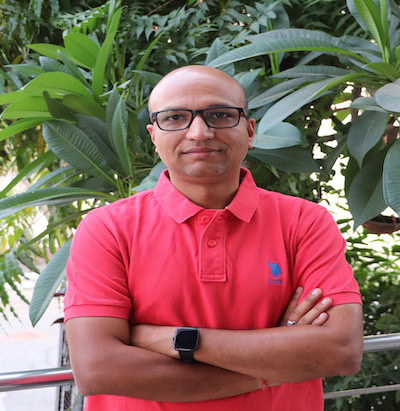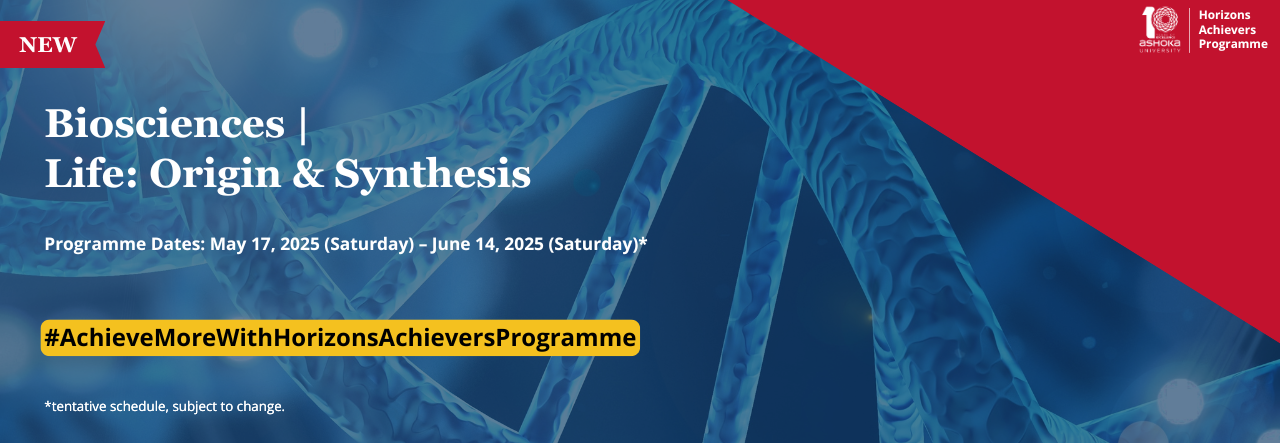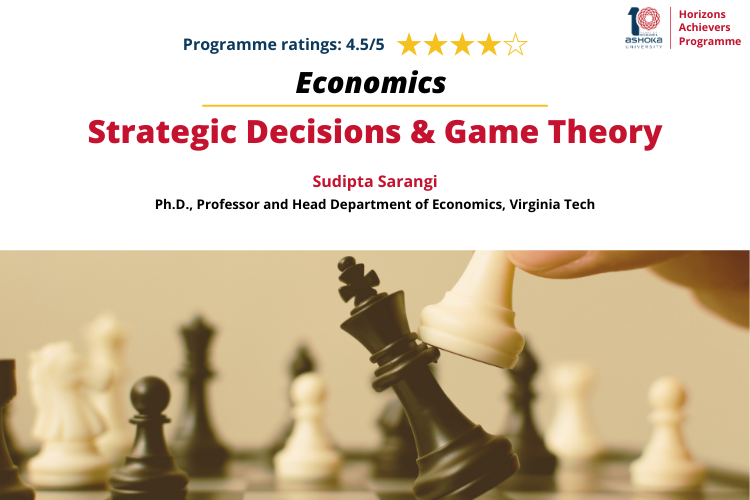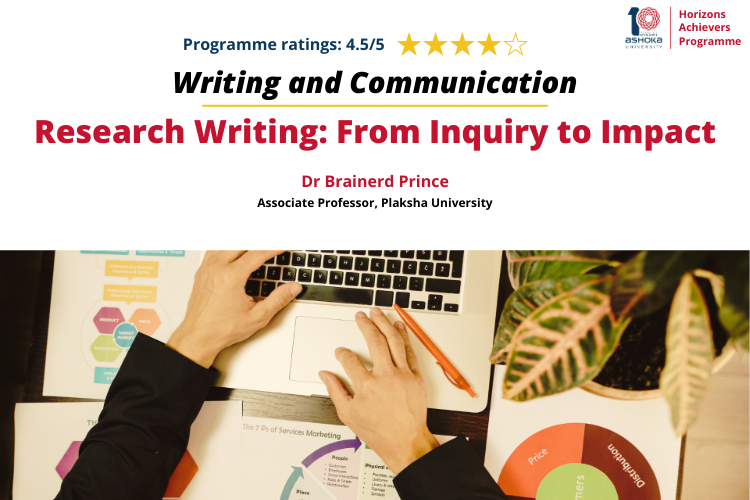How was our Universe created? How did it come to be the seemingly infinite place we know of today? And what will become of it, ages from now? The Big Bang hypothesis states that all of the current and past matter in the Universe came into existence roughly 13.8 billion years ago when all matter compacted into a very small ball and exploded, causing expansion and the universe (as we know it) began.
Are you curious about such questions on the origins of life on Earth and exploring a hypothesis around it? How can life start from a bunch of chemicals? Do we have a recipe to create synthetic life in the lab? If so, can the Jurassic Park scenario be created again? Can recent extinct creatures come to life again? This course will help you fuel your curiosity and state your hypothesis.
Synthetic Biology is about looking at biological systems through the lens and formalisms of engineering. This entails gaining fundamental insights into the functions at the molecular level of biological processes. The other way to look at the biological processes is starting from whole organisms. Combining both may shed light on the century-old problem – How did life emerge on Earth?
Life: Origin & Synthesis is a live interdisciplinary course that delves into the fascinating field of abiogenesis and synthetic biology, exploring the principles that underpin the origin of life on Earth. Through theoretical knowledge and practical applications, you will investigate how life emerged and the potential for creating life in laboratory settings. This understanding will be enhanced by examining scientific evidence surrounding the origin of life, from primordial chemical processes to complex life forms.
The course will entail an experiential capstone project where you will be involved in addressing hypotheses and conducting research to solve your chosen hypothesis, which will include research questions regarding the emergence of life. The capstone project will culminate into a research presentation and a collaborative exploration of the implications of experiment findings, on the key question – can life be created in a test tube?
What’s more? If you have one of the best plausible presentations and arguments, you will be invited to Ashoka University to observe the science laboratories and conduct experiments to further explore such topics.*
Are you ready to explore the mysteries of life’s beginnings and the exciting possibilities of creating life anew?
*The invitation to work in the lab will be based on prior lab safety approval, inspection and standards clearance.
Curriculum is empty
Learning Outcomes 1
Learning Outcomes 2
Learning Outcomes 3
Learning Outcomes 4

Alok Bhattacharya

Sandeep Ameta
0.0
0 total
5
4
3
2
1






